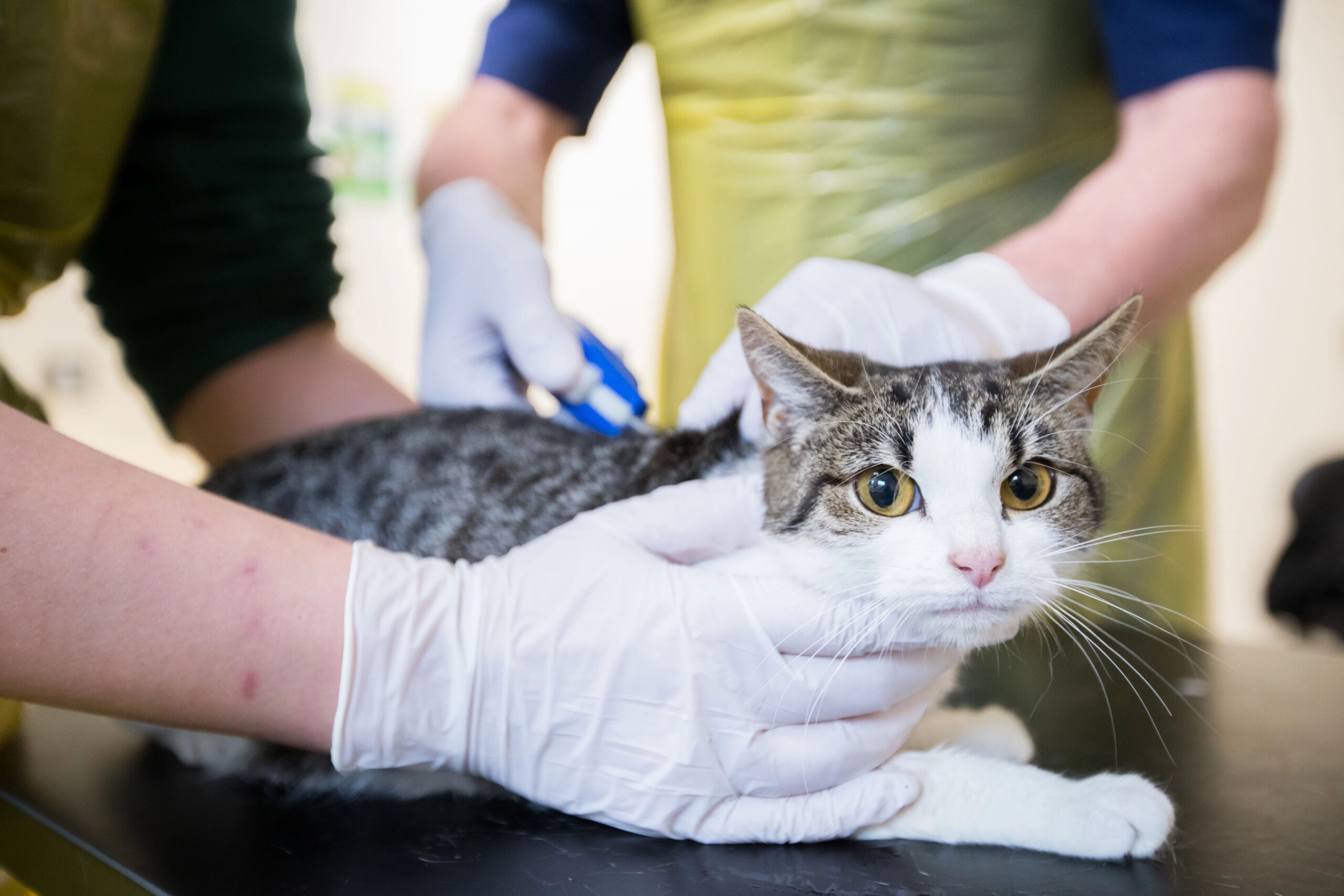As Sir Keir Starmer and his family welcome a Siberian kitten to Downing Street, the nation’s well-known chief mouser, Larry,… read the article
From Hisses to Harmony: The Politically Correct Way to Introduce Pets


As Sir Keir Starmer and his family welcome a Siberian kitten to Downing Street, the nation’s well-known chief mouser, Larry,… read the article

Pets Magazine: September Edition Highlights Get all the latest stories in the latest edition of Pets Magazine!

The much-anticipated finalists for the National Cat Awards 2024 have been unveiled, showcasing an array of remarkable felines who have… read the article

Pets Magazine: August Edition Highlights Get all the latest stories in the latest edition of Pets Magazine! 🐕🐈

Animal Save Movement campaigner Lia Phillips outside the Turkish Embassy in London By Marie Carter-Robb Dog and cat lovers gathered… read the article

Pets Magazine July 2024 – Must-read Pet Loss insights (Pet Remembrance Day is 5th July) from the experts; your Pets’… read the article

Taking a cat to the vet can be a nerve-wracking experience for both the pet and its owner. Cats, known… read the article

From 10th June, every pet cat in England must be microchipped as per the new legislation, but startling data from… read the article

Pets Magazine June 2024 – Still FREE to read and full of exciting stories and expert columnists – including your… read the article